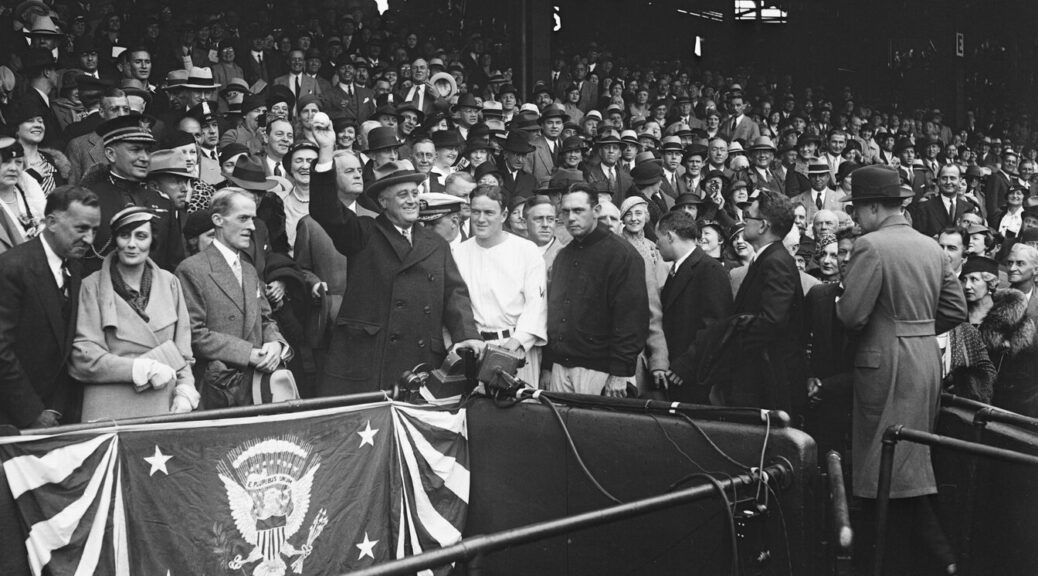Did Churchill Ever Admire Hitler? 3/3
Part 3: Pleasing No One …continued from Part 2
Churchill was correct when he said his writings about Hitler satisfied neither Hitler’s defenders nor Hitler’s critics. One of the former was Lord Londonderry, a pro-Hitler peer who complained that Churchill’s Evening Standard piece would prevent a decent understanding with Germany. On 23 October 1937, Churchill replied to Lord Londonderry (Gilbert, Churchill: A Life, 581):
You cannot expect English people to be attracted by the brutal intolerances of Nazidom, though these may fade with time. On the other hand, we all wish to live on friendly terms with Germany.…







